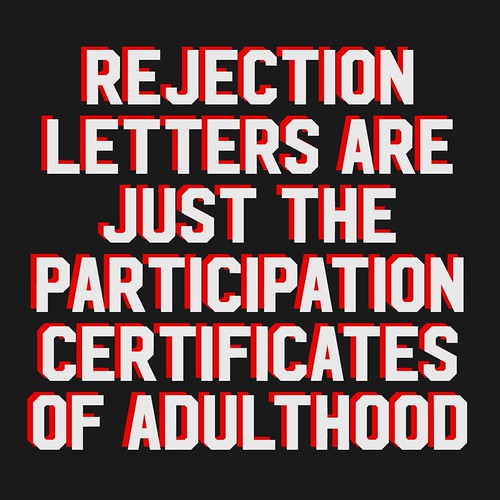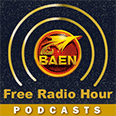Second in a series of blog posts about the songs on my new CD, Distorted Vision.
Shortly after I finished up my first album I started writing a tribute song about Baen Books. I’ve been quite pleased to work as a Contributing Editor for Baen for many years now, and I’m equally pleased to include this song on my new album.
We’ve got Weber, Drake, and Ringo, and Correia and Bujold
Some of the finest stories that you’ve ever been told
Lackey, Flint and Kratman, Spencer and Van Name — look for the
Dragon and the rocket ship, on the books we call Baen
— “The Books we Call Baen”
One of the tricky things about this song is that I used an existing tune, and one that Firefly fans in particular will recognize: “The Hero of Canton.” Since “Baen” is pronounced “bane,” it seemed natural to adapt the phrase “the man they call Jayne” into “the books we call Baen.”
The difficulty came when I started trying to fit the names of various authors into the chorus. If perhaps you don’t recognize all the authors’ names in the chorus, they’re David Weber, David Drake, John Ringo, Larry Correia, Lois McMaster Bujold, Mercedes Lackey, Eric Flint, Tom Kratman, Wen Spencer, and Mark Van Name. It was a fun challenge, though, and I like the way it turned out!
Also, if you’re not sure what I mean by “the dragon and the rocket ship,” take a close look at the Baen logo:

In the negative space of the plume of that launching spaceship, you’ll see the profile of a dragon. Thus the logo itself captures both the science fiction and fantasy sides of the publishing house.
Using an existing tune caused me some additional problems. Since I hadn’t written a parody of the original song, I needed to get permission to record the new song, and that proved to be quite the adventure. “The Hero of Canton” was written by Firefly producer Ben Edlund, and I tried several different avenues of trying to get in touch with him — trying to send a message via the man who played Jayne, Adam Baldwin, for instance, and asking Sean Maher (who played Simon Tam) when I saw him at MystiCon in Roanoke. I began to despair of success, but in May I finally achieved a breakthrough in contact. Even though Mr. Edlund said he wasn’t completely sure he could grant me the right to record it, he gave his blessing to the effort — and that was enough for me.
My first version of the song included an extended ending chorus with the names of additional authors, but between the time I wrote it and the time I was recording the song we added several new authors to the Baen family — and since some of them were friends of mine, I didn’t want to leave them out! So began a quick rewrite of that extended chorus in order to shoehorn more names in.
I know I still left out some authors — I hate to think how long the song would be if I tried to include every author in our catalog — but the final chorus now mentions Chuck Gannon, Dave Freer, Michael Z. Williamson, Frank Chadwick, Ben Bova, Sarah Hoyt, Ryk Spoor, Tony Daniel, Sharon Lee, Steve Miller, Jody Lynn Nye, David B. Coe, Steve White, Brad Torgersen, Catherine Asaro, Timothy Zahn, Travis Taylor, Elizabeth Moon, Robert Buettner, Mike Resnick, Eric James Stone, Steve Stirling, John Lambshead, Les Johnson, Anne McCaffrey, Jerry Pournelle, Andre Norton, Larry Niven, Harry Turtledove, and Robert A. Heinlein. And even though I mostly only mention their last names, that’s still a lot of syllables to put together!
As you might imagine, there are a few “in jokes” in the song, but even if you have no idea who Joe Buckley is or what an eARC is, I hope you’ll smile and sing along to “The Books We Call Baen”!
___
Reminder: I’m playing a concert as part of the Dragon Con Filk Track, this Sunday the 6th of September at 4 p.m. in the Hyatt Regency’s Baker Room. Come out and see me!



 by
by 














